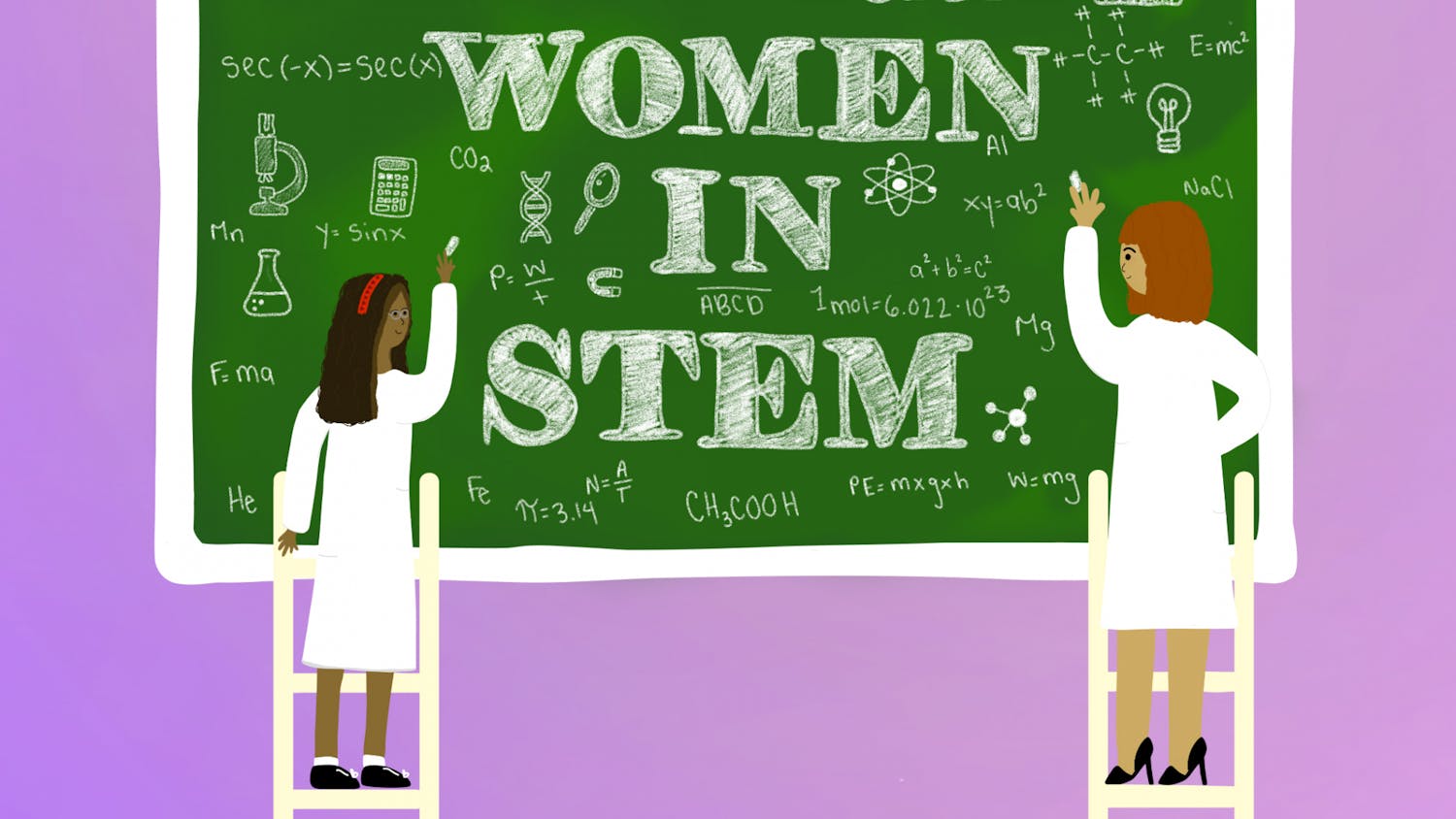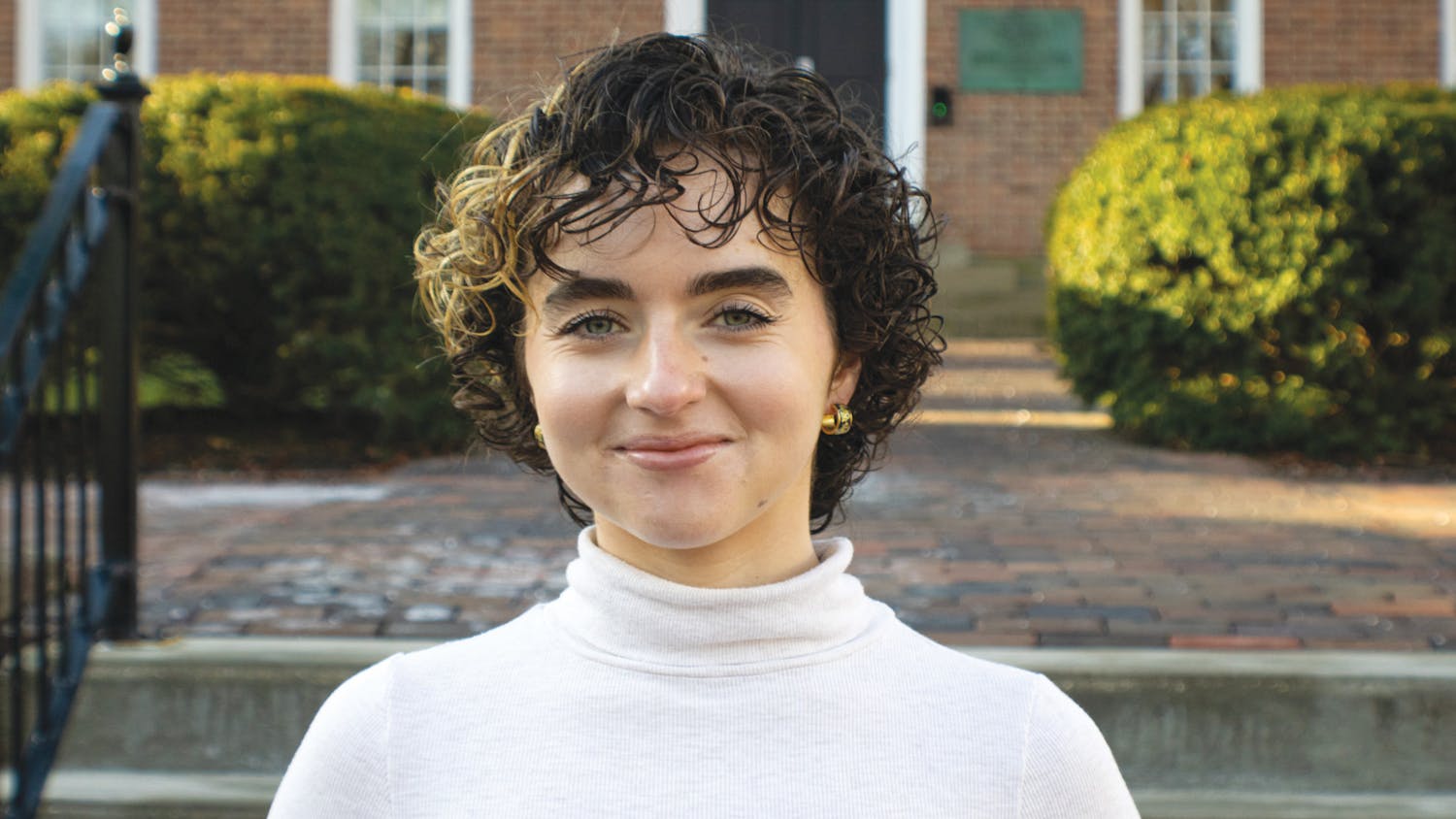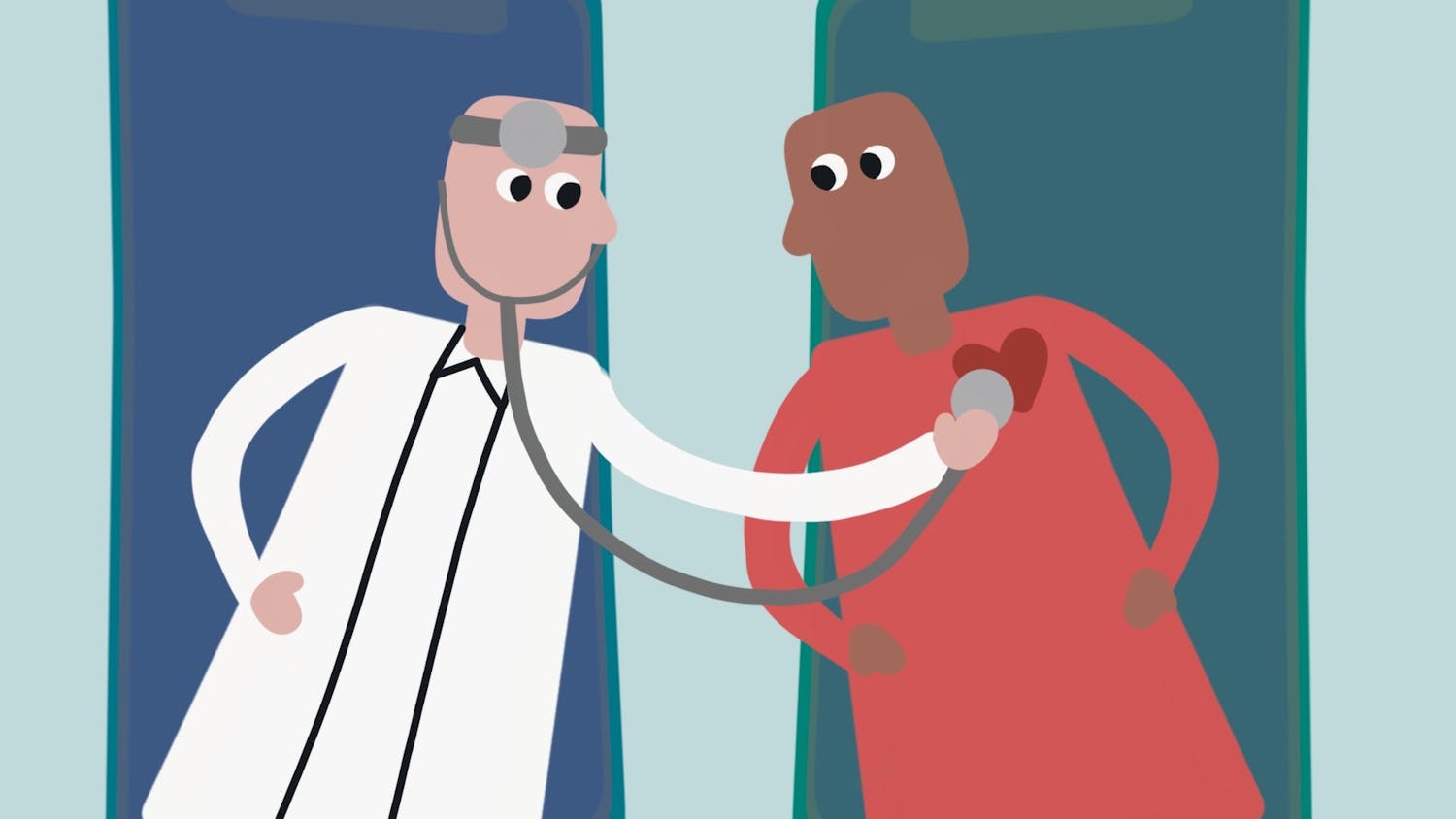The role of college students is supposed to be to earn a degree in a specialized area they enjoy pursuing and learning about. But outside of students’ chosen majors, minors and other interests, there are challenges to graduating that don’t include academics.
Students who have uteruses often lack the resources to learn about and access contraceptives to prevent unintended pregnancies. The limited access, according to the Institute for Women’s Policy Research, or IWPR, recorded that although less than half of pregnancies in the United States are unintended, the proportion looks different for young adults. In 2011, which was cited as the most recent year of data available, 76% of 18-to-19-year-olds who were pregnant didn’t plan for it. And 59% of pregnancies among 20 to 24 year olds were unintended as well.
There’s also a difference in proportion among young people in marginalized communities. Also according to the IWPR, 64% of Black people and 50% of Latino people with uteruses had unintended pregnancies in 2011 compared to 38% of white people. The institute attributed the high rates of unintended pregnancies among young, college-aged adults to a lack of knowledge, “misinformation and misperceptions about contraceptives.”
World Contraception Day is recognized on Sept. 26, annually. The United Nations Human Rights Office of the High Commission wrote, in regard to World Contraception Day, that “under international human rights law, States must ensure sexual and reproductive health services, including modern forms of contraception, and information and education on family planning.” The day encourages the right to people’s bodily autonomy through education and access to “family planning and contraception services free of coercion or impediment.”
The IWPR wrote more research is necessary to gauge the quality of sexual and reproductive health resources that universities are providing to their students. But a program through Ohio University’s Heritage College of Osteopathic Medicine, or HCOM, is ensuring students, no matter their background, have a place to access contraception methods.
Dominique Rehl, a second year medical student, learned through a course taught by two physicians at OU’s student health center about all the different types of contraception options and who should and shouldn’t use certain methods for medical reasons. After completing the course, Rehl is now able to help other students through the Contraception Counseling Program at HCOM.
“In our approach, it’s a patient-centered model,” Rehl said. “So when we counsel patients, we don’t automatically jump to (specific birth control options), we ask them, ‘what’s important to you about your method?’ because not everyone uses contraceptives to prevent pregnancy.”
Four people were chosen to be counselors after the course, including Rehl, who said she did even more training to prepare.
“And so now we see patients,” Rehl said. “We go into the clinic and the med students will counsel the patients one-on-one and then we go and talk to our preceptor.”
The preceptor is one of the physicians involved in the program who can check to ensure the patient can use the form of contraception. After the physician gives the confirmation, counselors such as Rehl can help patients start their method.
The clinic for the program is located on the second floor in Hudson Health Center in Hudson Hall. People can call 740-592-7176 to schedule an appointment with a Contraception Counselor. Rehl said the counseling is free and contraceptives are usually covered by insurance.
For people who don’t have insurance, contraceptives may have to be paid out-of-pocket. According to Planned Parenthood,clinics can help people find contraceptive methods that fit their budgets. The Planned Parenthood Direct app also helps people get prescribed and mailed birth control pills.
There are many types of contraceptives people may be able to choose from. Rehl said if a person chooses a method that requires a follow-up appointment, or their initial birth control choice results in side effects, they can complete an additional session.
Common contraceptive methods include the birth control implant, which is a small thin rod that is inserted into the arm and protects against pregnancy for up to five years, according to Planned Parenthood.Another method is the IUD, a small device that is placed in the uterus and lasts for years. Both the birth control implant and IUD are 99% effective against pregnancy. Birth control pills are also effective but require scheduled use. The pills come in a pack and one pill is taken each day for a month and then the process is started all over again. Its effectiveness is 91%.
People who talk to a contraception counselor such as Rehl don’t have to decide to use a contraceptive method during their visit. They can take time to think about their decision or just schedule an appointment to have better knowledge on the methods.
“Some people come and just want information on contraception and then they just want to think about it,” Rehl said. “We can give them all the information and then they can go on their way and think about it.”
Eden Paddock, a freshman studying biological sciences, said she had never heard of the Counseling Contraception Program but thought it should be more widespread across schools.
“I think that should be a thing everywhere,” Paddock said. “Whether you don’t have the financial resources or you just don’t know who to talk to, I definitely think having resources on campus are great.”
Similarly, Lauren Johnson, a sophomore studying biology and pre-physical therapy, said conversations surrounding contraception tend to be stigmatized. Johnson also said if programs such as the Counseling Contraception Program were implemented not only in universities but also high schools, it could prevent unintended pregnancies and sexually transmitted infections, or STIs.
“People are just starting to explore that world,” Johnson said. “And if they had (those programs) I feel like STIs … would probably go down because more kids would have access to stuff that would prevent that stuff.”
One of the reasons that Rehl decided to apply to HCOM was because of the Counseling Contraception Program. Rehl is passionate about reproductive health and could see herself pursuing a medical career that relates to her passion. But for now, and due to the overturning of Roe v. Wade, Rehl said she just feels empowered to offer a service that can give people some bodily autonomy.
“I applied to become a counselor before the (decisions) of Dobbs and Roe,” Rehl said. “And then that happened and I just felt such a greater responsibility and gratefulness that I was going to be able to in some way help people have control over their own bodies.”






